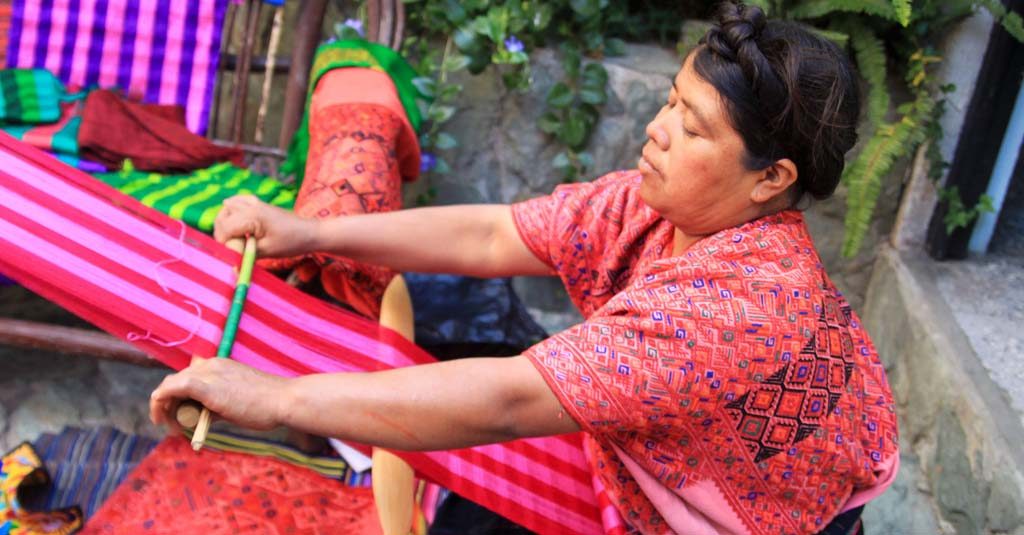Zimbabwe launches biometric voter registration tool
Seven million. That’s the number of people who need to be registered to vote in Zimbabwe by January, ahead of the 2018 presidential and parliamentary elections. Unlike in previous years, eligible voters will register (or, in some cases, re-register) with their fingerprints using new biometric technology, officially launched on Thursday.
While some people are hopeful that this change will help stamp out voter fraud, others are skeptical that the electoral commission will reach all voters in time.
Bees provide small respite from drought in Kenya
Severe drought in Kenya has driven herders and their livestock to travel longer distances to find water and grazing, leaving women and children in Kailer village to fend for themselves. But they’re not waiting around for help. Having managed beehives since 2009, the women are turning to beekeeping as their primary source of income. Honey, soap, body cream, and asthma cough syrup are just some of the products they produce and sell.
As the women work to make ends meet amidst the loss of livestock, experts say it’s also crucial that mechanisms are in place to protect them from cattle raids.
Mayan women in Guatemala tackle exclusion through weaving
Weaving cooperatives in Guatemala are providing space for Mayan women to express their creativity while discussing the various forms of exclusion they face as indigenous people. They partake in the ancient tradition of weaving to share their stories and also earn an income from the artwork they sell. It is a labor of love that buyers don’t often take into account when negotiating prices. Still, weavers are determined to revive and preserve this form of art.

